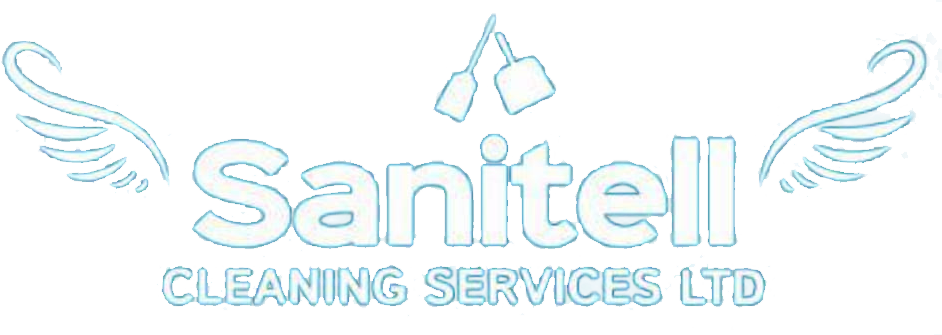Maintaining a clean environment is crucial for the health, safety, and overall satisfaction of employees, customers, and visitors in any commercial space. However, the frequency of cleaning varies depending on the type of business, the volume of foot traffic, and the specific areas within the space. Understanding how often different commercial spaces should be cleaned can help businesses maintain hygiene standards, uphold their brand image, and create a welcoming atmosphere. Here’s a guide on recommended cleaning frequencies for various types of commercial spaces.
1. Office Spaces
- Daily: Common areas such as lobbies, break rooms, restrooms, and frequently touched surfaces like door handles, light switches, and desks should be cleaned and disinfected daily. Trash should also be removed, and floors vacuumed or mopped regularly to maintain a clean environment.
- Weekly: Tasks such as deep cleaning carpets, dusting vents and blinds, and polishing floors should be done weekly.
- Monthly: Windows, high shelves, and air ducts can be cleaned monthly to remove accumulated dust and debris.
2. Retail Stores
- Daily: High-traffic areas such as entrances, checkout counters, fitting rooms, and restrooms should be cleaned daily. This includes sweeping and mopping floors, cleaning mirrors, wiping down surfaces, and emptying trash bins.
- Multiple Times a Day: High-touch surfaces like credit card machines, door handles, and shopping carts should be disinfected multiple times a day, especially during peak hours.
- Weekly: Deep cleaning tasks, such as carpet shampooing, window cleaning, and organizing backrooms, should be carried out weekly to keep the store fresh and inviting.
3. Restaurants and Cafés
- After Each Use: Tables, chairs, and menus should be wiped down and sanitized after each customer.
- Daily: Kitchens should be thoroughly cleaned daily, including sanitizing countertops, cleaning floors, and washing utensils and equipment. Restrooms, entryways, and dining areas should also be cleaned and disinfected.
- Weekly: Deep cleaning tasks such as degreasing kitchen equipment, deep cleaning ovens, and sanitizing storage areas should be done weekly.
- Monthly: Vents, exhaust fans, and hard-to-reach areas should be cleaned monthly to prevent grease buildup and maintain air quality.
4. Healthcare Facilities (Clinics, Hospitals, and Dental Offices)
- After Each Patient: Exam rooms, dental chairs, and any equipment used should be disinfected after each patient to prevent cross-contamination.
- Daily: Common areas such as waiting rooms, restrooms, and high-touch surfaces like doorknobs and elevator buttons should be cleaned multiple times a day. Floors should be mopped with disinfectant at least once daily.
- Weekly: Detailed cleaning of less frequented areas, such as storage rooms, and deep cleaning of floors should be done weekly.
- Monthly: High-level disinfection procedures, including air duct cleaning and maintenance of HVAC systems, should be performed to ensure a sterile environment.
5. Gyms and Fitness Centers
- Multiple Times a Day: Gym equipment, weights, mats, and high-touch areas like door handles and drinking fountains should be cleaned and disinfected multiple times a day.
- Daily: Locker rooms, showers, restrooms, and floors should be cleaned daily to maintain hygiene and prevent the spread of germs.
- Weekly: Deep cleaning tasks such as steam cleaning floors, disinfecting lockers, and sanitizing less frequently used equipment should be carried out weekly.
- Monthly: HVAC filters and air vents should be cleaned to ensure proper ventilation and air quality.
6. Hotels and Hospitality Spaces
- Daily: Guest rooms should be cleaned daily, including making beds, vacuuming floors, disinfecting bathrooms, and replenishing supplies. Common areas like lobbies, elevators, and restrooms should also be cleaned multiple times a day.
- After Each Guest: High-touch areas within guest rooms, such as light switches, TV remotes, and doorknobs, should be disinfected after each guest’s stay.
- Weekly: Deep cleaning tasks such as shampooing carpets, polishing floors, and cleaning windows should be performed weekly.
- Monthly: More extensive maintenance tasks, such as cleaning drapes, deep cleaning upholstery, and checking for mold or mildew, should be done monthly.
Conclusion
Maintaining a consistent cleaning schedule tailored to the specific needs of your commercial space is key to ensuring a safe, welcoming, and professional environment. Regular cleaning not only enhances the appearance of the space but also protects the health and safety of everyone who enters. By investing in the right cleaning protocols and frequency, businesses can ensure they provide a clean and comfortable experience that keeps customers and employees satisfied and loyal.

